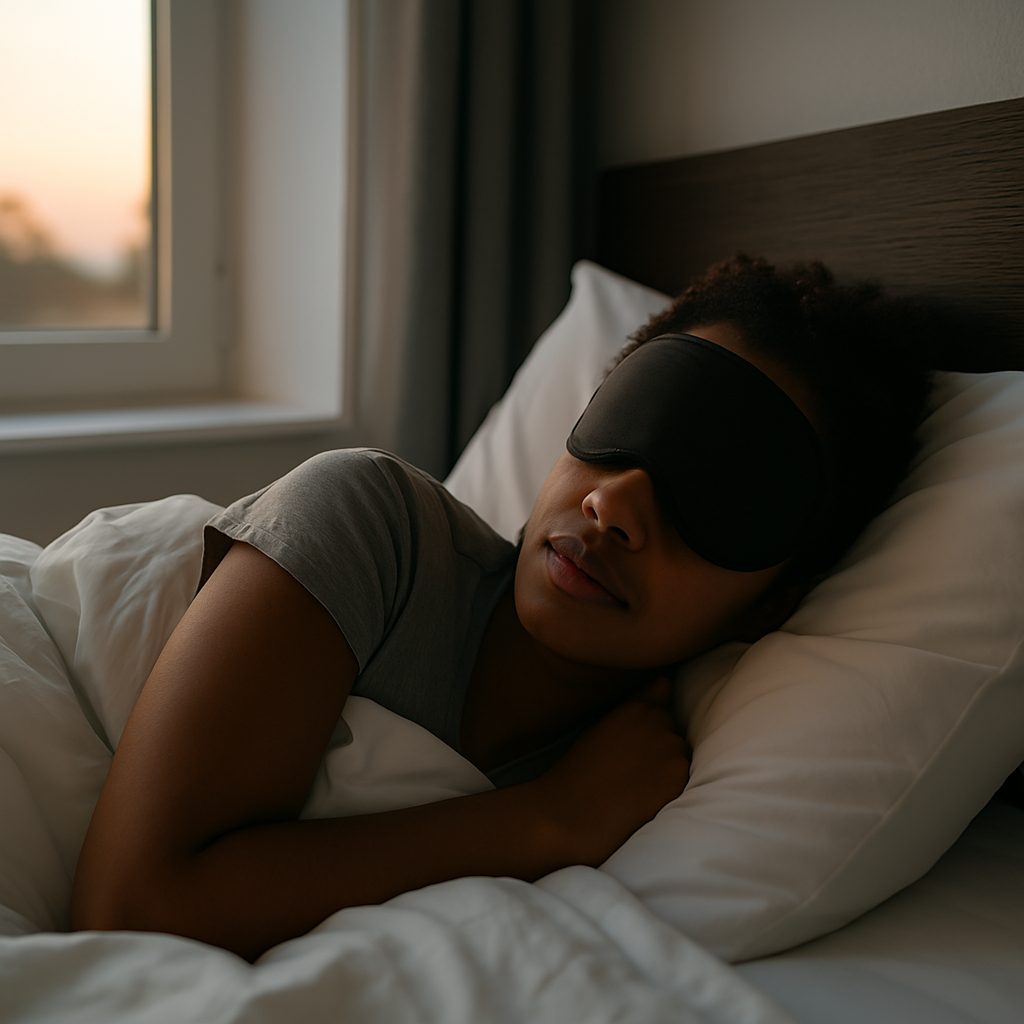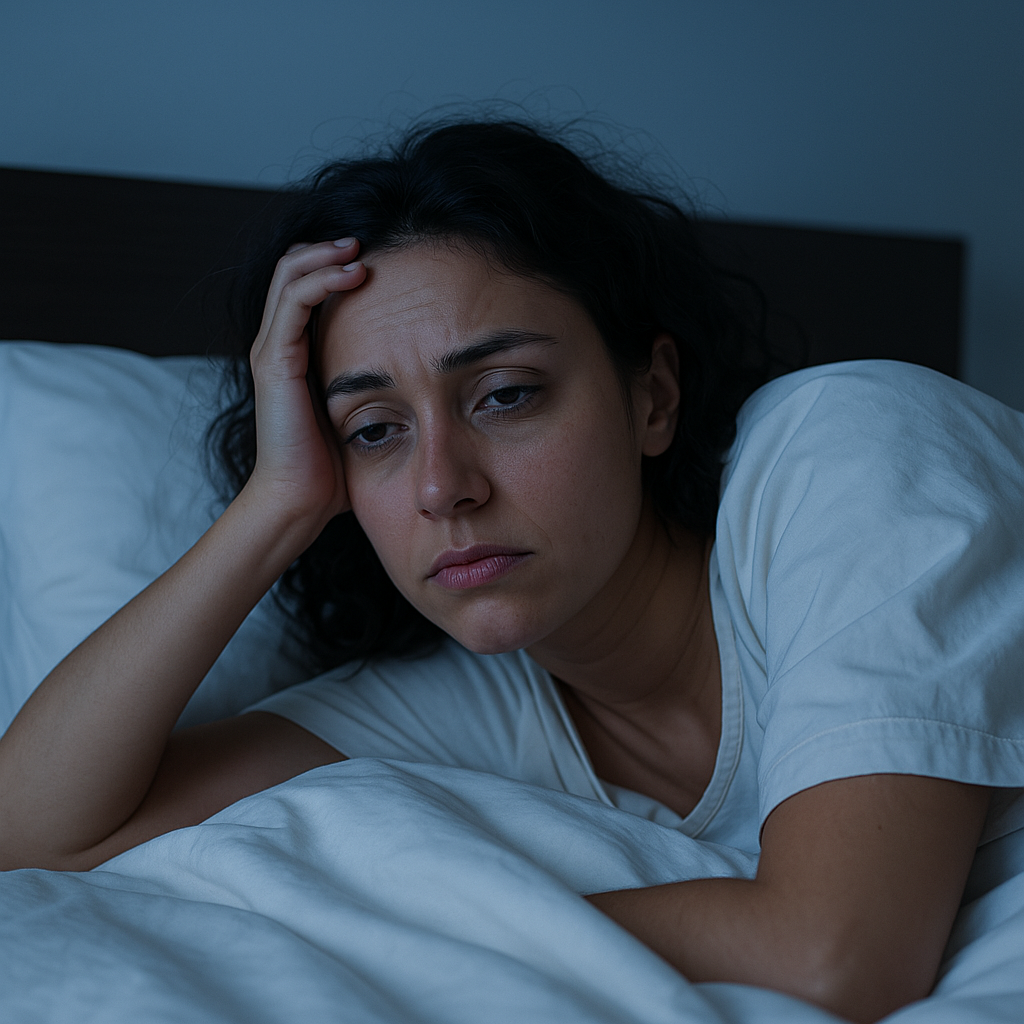Daylight saving time is here, and that means it’s time to "spring forward" but with that extra hour of sleep lost, it can leave you feeling groggy and off-track for days. 😴
While the shift in time may seem minor, it can significantly affect your circadian rhythm, disrupting your sleep cycle and leaving you sluggish. But don’t worry, adjusting to the clock change doesn’t have to be a painful experience. With a few simple tips, you can survive the time shift and get back on track in no time.
Why the Clock Change Disrupts Sleep
Daylight saving time (DST) might just be a small change to the clock, but it has a big impact on our internal clock. Our circadian rhythm is finely tuned to the natural cycle of day and night, and when the clock moves forward an hour, it can throw things off. Even a minor change can affect the quality of your sleep, making it harder to fall asleep or wake up feeling refreshed. 🕓
The loss of an hour can also affect your mood and energy levels throughout the day. So, how do you get your body to adjust without the dreaded sleep deprivation? Let’s dive into some helpful tips!
Tips to Make the Transition Smoother
- Gradually shift your bedtime: In the days leading up to the time change, start going to bed just 15 minutes earlier each night. This gives your body a chance to adjust without feeling the full effects of the time change all at once.
- Stick to your regular sleep schedule: Even though you’re losing an hour, keep your sleep routine consistent. Try waking up and going to bed at the same time each day to help regulate your sleep-wake cycle.
- Get plenty of sunlight in the morning: Light exposure helps reset your internal clock. Try to get outside and soak in some morning sun 🌞. It will help your body adjust to the new time and boost your mood.
- Avoid late-night caffeine or screen time: Stay away from caffeine in the late afternoon and evening, as it can interfere with your ability to fall asleep. Similarly, limit screen time at least an hour before bed. The blue light from devices can trick your brain into staying awake. 📱
Foods and Drinks to Help You Sleep
Certain foods and drinks can actually support your sleep efforts as your body adapts to the time change.
- Bananas: Rich in magnesium and potassium, bananas help relax your muscles and calm your nervous system, perfect for a peaceful night’s sleep.
- Almonds: Full of magnesium, almonds can also help improve sleep quality and relax your muscles.
- Herbal teas: Chamomile, valerian root, or lavender tea have natural sedative properties that promote relaxation and improve sleep quality.
- Avoid heavy meals: Eating large meals late at night can make it harder to fall asleep. Try to keep your meals light and healthy before bed.
Perfecting Your Sleep Environment
Your environment plays a huge role in how well you sleep. Here’s how to set up your bedroom for the best possible rest:
- Cool, dark, and quiet: The ideal temperature for sleep is around 65°F (18°C). Keep your bedroom cool and dark with blackout curtains or an eye mask to block out light.
- Reduce noise: If noise is an issue, consider using a white noise machine or earplugs to block out distractions.
The Power of Exercise
Regular exercise can help you sleep better and make the time change feel less disruptive. Physical activity boosts the production of sleep-regulating hormones, but timing matters. Try to finish any intense exercise at least a few hours before bed. Exercise in the morning or afternoon for the best results.
Conclusion
Springing forward doesn’t have to mean struggling through sleepless nights. With these simple tips; like adjusting your bedtime, optimizing your sleep environment, and eating sleep-friendly foods, you can make the transition smoother and get back to your normal routine in no time.
Remember, it’s all about giving your body time to adjust. Be patient with yourself, and soon enough, you’ll be back to being well-rested and energized.


Leave a comment
This site is protected by hCaptcha and the hCaptcha Privacy Policy and Terms of Service apply.